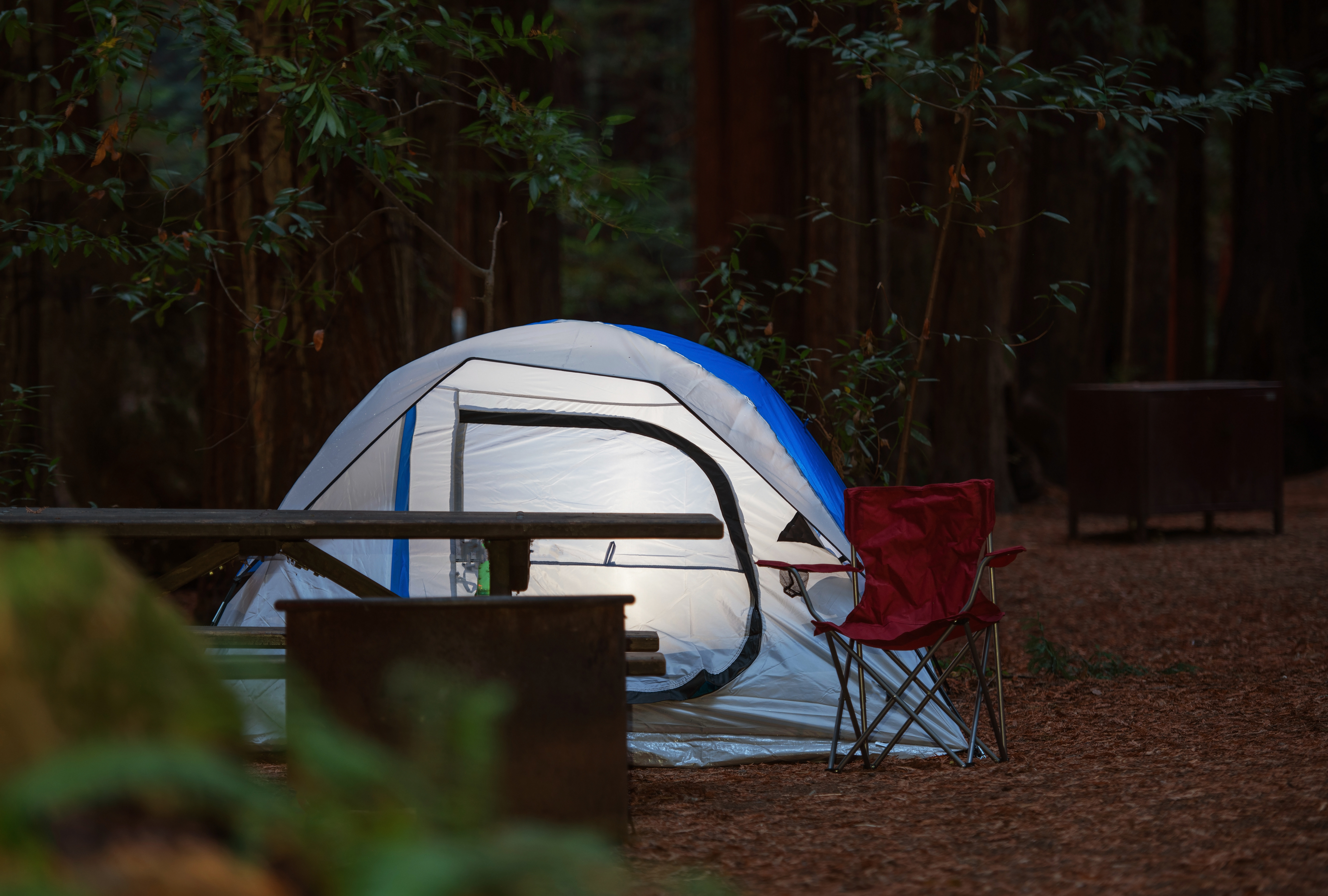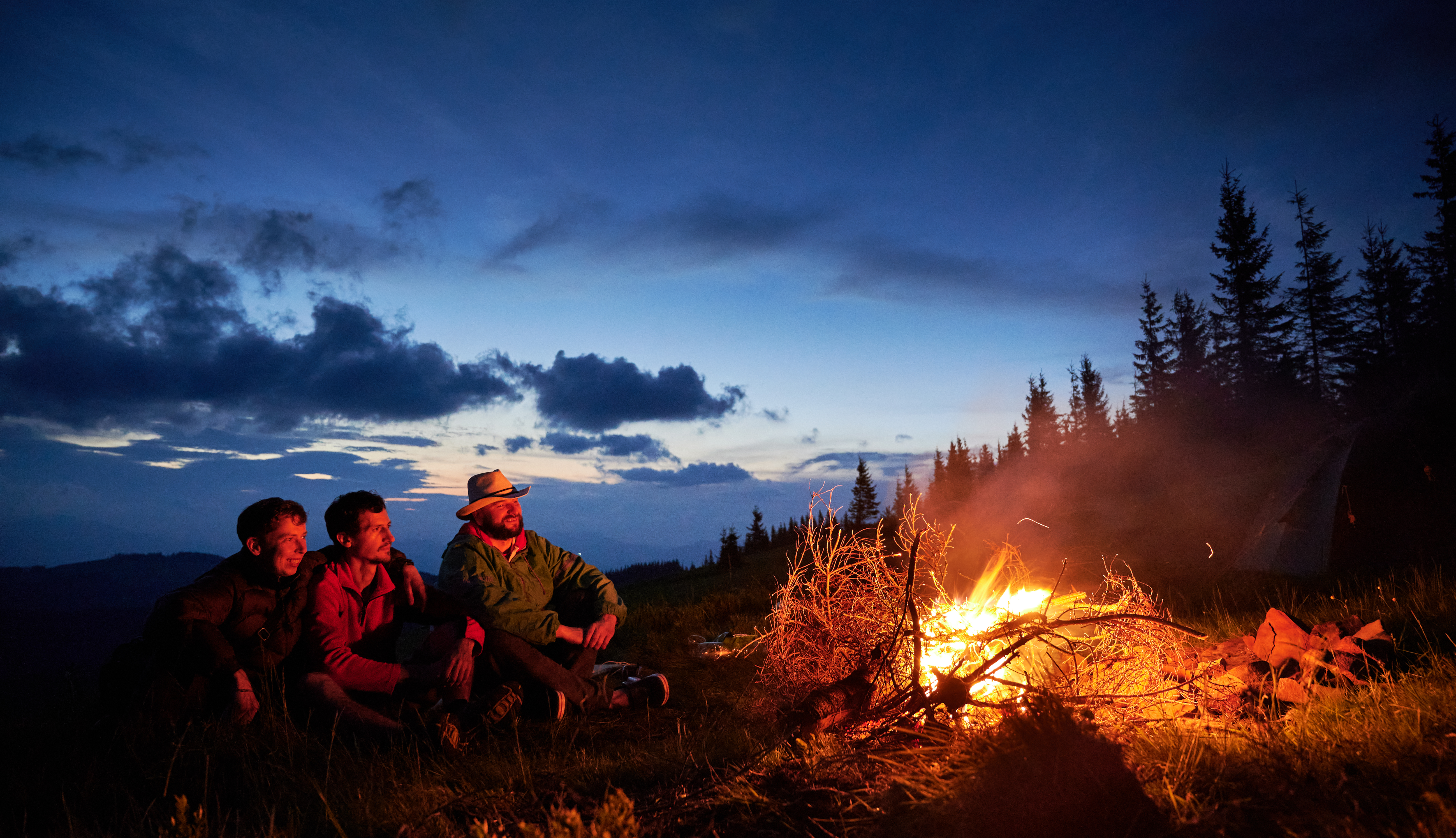Every once in a while, intrepid adventurers get that itch to get out of their normal routine and go experience the beauty of nature firsthand. Dry camping is a great way to unplug from the daily grind and enjoy some peace and quiet, but what exactly is dry camping?
Dry camping is camping in an RV, motorhome, or van with no hookups (access to electricity or water). Often, dry campers are outside of traditional campgrounds and will set up on public land or private places with the permission of the owner to avoid charges.
Dry camping has a lot of pros and cons, and there are a lot of ways to enjoy camping off the beaten path. The rest of this article will discuss dry camping and how it differs from traditional camping.

What’s Involved in Dry Camping?
Dry camping is camping somewhere without hookups. Hookups, which you’ll find at most RV campsites, allow access to running water and electricity, two modern conveniences that we just can’t live without.
Boondocking takes it one step further since it’s essentially dry camping for free. You can set up camp just about anywhere off the beaten path, such as a desert, forest, or beach.
Dry campers might pay to camp in a specific location, but they just choose not to use the hookups.
Why Dry Camp?
Dry camping seems a little unintuitive on first glance. After all, why would you have an RV with the capability for water and electric hookups if you’re not going to use them? Well, the answer is pretty simple. RV parks with full hookups can be pretty expensive—from $75 a night or more.
Additionally, some locations like state or national parks don’t have hookups anyway, so campers have to be prepared to dry camp in order to get the most out of the experience.

How to Prepare to Dry Camp
When preparing to dry camp, water is your most important commodity. Always carry as much fresh water as possible. Top off additional water in jerry cans—at least 5 gallons—for best results. Make sure your propane tanks are full as well.
You’ll need it for cooking and refrigerating your food. Precooking and portioning your food is another great idea that will make your job a little easier, too.
Where Can You Dry Camp?
The best part about dry camping is that you can do it almost anywhere. Just be on the lookout for “No Overnight Camping” signs, and you’re all set to enjoy an offroad camping adventure with the whole family.
Apps like iOverlander, AllStays, and Campendium are also great resources to find dry camping spots around the U.S. The best philosophy when you’re looking to boondock (dry camping for free) is simply to ask the property or business owner if you can stay on their property overnight.
There are also RV memberships that allow an increased range of places for you to stay overnight. If you camp often, this membership might end up saving you a fair amount of money.






